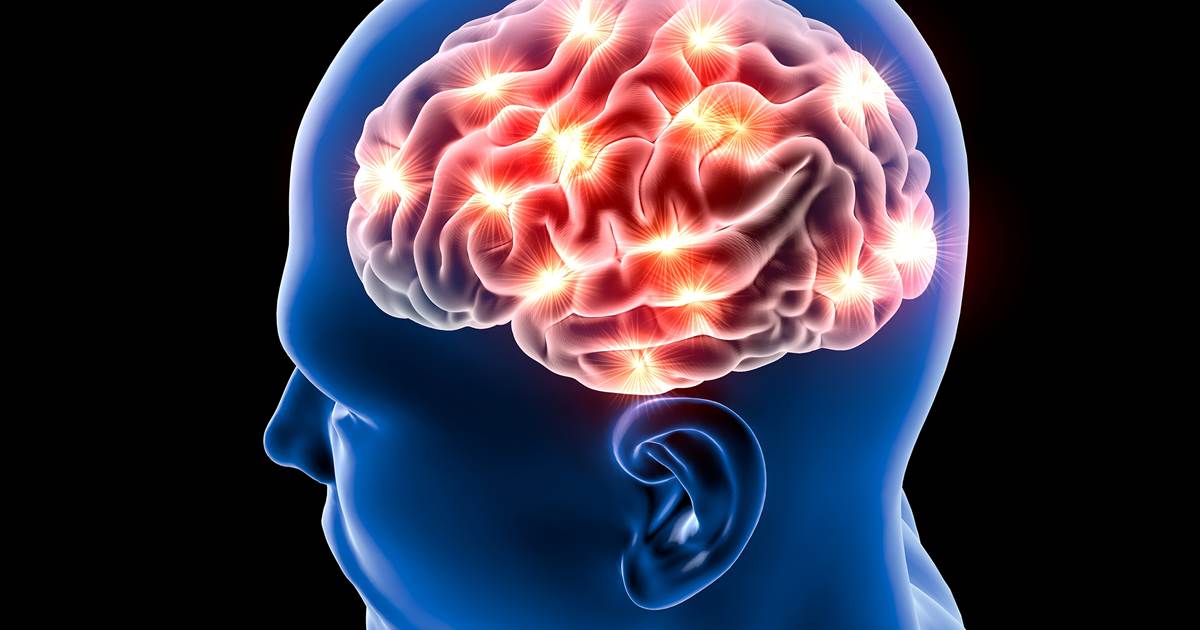Key Indicators Of Phenylketonuria
Delayed Development
A child who has phenylketonuria may experience delayed development as a direct result of the condition, or they may experience it due to the mother developing maternal phenylketonuria during her pregnancy. When a child has phenylketonuria at birth, their phenylalanine levels are normal. However, the levels of phenylalanine in the child's body will begin to rise within the first several hours after being born. If the child goes without treatment, cognitive delays will be apparent by the time the child reaches six months old. These delays precipitate from the toxicity of brain tissue caused by excessive levels of phenylalanine in the child's body. When the brain tissue becomes toxic, cellular damage will occur. The brain contains neurotransmitters or signaling molecules the cells utilize to communicate with each other. When certain neurotransmitters are not produced in the correct quantities, the brain is unable to function the way it should. High levels of phenylalanine cause impairment to the production of neurotransmitters vital for the child's learning, motivation, mood, and memory. Disruption in the normal process of any one of those aspects can result in delayed development in the affected child.
Uncover more warning signs of phenylketonuria now.
Neurological Issues

Neurological issues commonly manifest in phenylketonuria patients. The high levels of phenylalanine found in these individuals can easily cause abnormalities to occur in the myelin sheath around the nerves. The myelin sheath is responsible for the uninterrupted transmission of signals between nerves throughout the central nervous system. When this sheath has abnormalities, the proper transmission of signals between the nerves is disrupted. This disruption may result in the patient experiencing random muscle spasms, frequent seizures, and other disturbances in general motor function. Even individuals with phenylketonuria who are treated promptly can develop brisk tendon reflexes or tremor from the abnormalities that occur in the white matter. White matter is the tissues of the brain that produce the myelin sheath for the nerves. An individual with phenylketonuria may have a lower IQ than others their age, develop learning disabilities, and have frequent memory loss. Anxiety, depression, panic attacks, and other emotional problems are also fairly common neurological issues that manifest in phenylketonuria patients.
Discover another phenylketonuria warning sign now.
